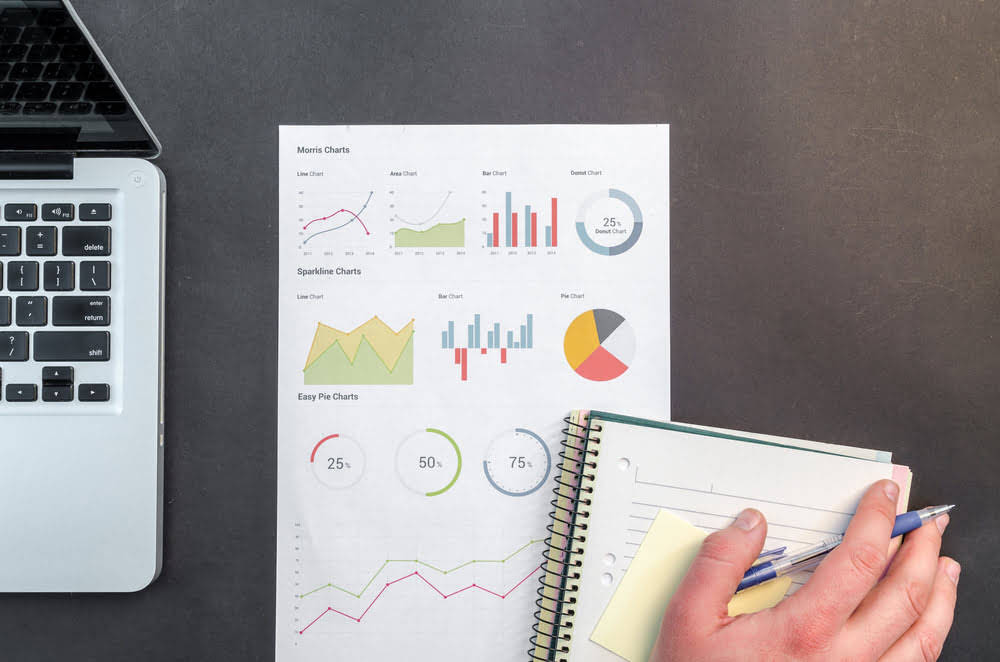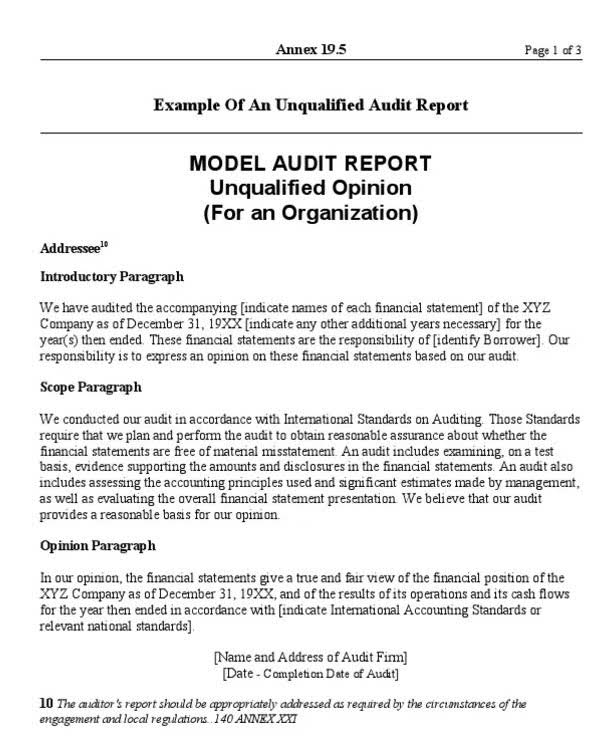¡Tu carrito en este momento está vacío!
What Is Blockchain Technology Park University

Ebs can help in applying the existing standards to the cryptographic assets as per the notification. Has more than 20 years of experience in internal audit and accountingincluding financial, operational, compliance, and information andtechnology audit. He has experience across many sectors includinghealthcare, manufacturing, government and trading enterprises. Transactions blockchain in accounting placed through a central authority can take up to a few days to settle.
Recording Transaction Fees

As blockchain technology continues to evolve, it presents both significant benefits and notable challenges for accounting professionals. Users control the addition of millions of transactions trying to post a sync at once by grouping these into blocks and adding blocks one at a time, in sequence. A large amount of attention and capital currently is being allocated toward virtually anything related to blockchain technology.
- Blockchain accounting system entails decentralization, transparency, immutability, self-executing contracts, etc., that will greatly assist accounting professionals.
- It could also be the tool to provide absolute certainty to the ownership of assets.
- For example, Binance is based in Tokyo, Japan, while Bittrex is located in Liechtenstein.
- The lack of universally accepted norms complicates integration efforts and interoperability between blockchain systems and traditional accounting software.
- The key difference between a traditional database or spreadsheet and a blockchain is how the data is structured and accessed.
- The content published on this website is not aimed to give any kind of financial, investment, trading, or any other form of advice.
Are all the top cryptocurrency exchanges based in the United States?
- Smart contracts, a key innovation of blockchain, are influencing accounting practices by automating and enforcing contractual agreements without intermediaries.
- • Being a service auditor for a blockchain used by a consortium of companies to ensure the controls on a blockchain.
- According to The World Bank, an estimated 1.3 billion adults do not have bank accounts or any means of storing their money or wealth.
- Financial institutions only operate during business hours, usually five days a week.
- This significantly reduces the risk of fraud, as the transparent and tamper-proof record prevents unauthorized alterations, instilling trust and credibility in asset ownership history.
- Blockchain technology excludes the reliance on intermediaries and streamlines efficiency by minimizing manual reconciliations and ensuring security and cost-effectiveness.
The integration of blockchain technology into accounting processes presents both opportunities and challenges for professionals in the field. As organizations recognize the benefits of transparent and tamper-proof financial records, accountants are tasked with navigating this new landscape. Blockchain’s decentralized nature plays an important role in securing financial data. Unlike traditional systems where data is saved in centralized locations, blockchain distributes data across a network of nodes to ensure no https://www.bookstime.com/articles/blockchain-in-accounting single entity controls the entire database.

What Does it Mean for the Accounting Profession?
For example, blockchain might make the existence of a debtor certain, but its recoverable value and economic https://www.intimnews.com/enrolled-agent-salary-guide-in-2025-26-2/ worth are still debateable. And an asset’s ownership might be verifiable by blockchain records, but its condition, location and true worth will still need to be assured. Blockchain has the potential to enhance the accounting profession by reducing the costs of maintaining and reconciling ledgers, and providing absolute certainty over the ownership and history of assets.

- Publicly traded blockchain companies provide another investment option, and many companies are not implementing digital ledger systems to make themselves more profitable.
- In addition, work with legal and regulatory experts to ensure compliance with financial reporting laws.
- This is particularly useful in industries like supply chain management, where timely data is critical.
- Below, we help you make sense of it all so your business can reap the benefits of blockchain’s potential.
Yet, despite the blockchain’s immutability, the audit process demands a determination that the transaction recorded must be backed by reliable evidence. This could not be precisely determined by looking at the blockchain’s transactions. Blockchain accounting is revolutionizing the accounting sector by leaps and bounds. The role of blockchain technology in accounting is vast and significant, as the main benefit is the simplification of the transaction recording system. In addition, triple-entry bookkeeping is feasible in the blockchain, enhancing scalability and security.

Key considerations for accounting professionals adopting blockchain

By leveraging blockchain technology, accounting systems can also benefit from enhanced security. The decentralized nature of blockchain, coupled with its cryptographic algorithms, provides a high level of protection against data breaches and fraud. Any attempt to alter or tamper with a transaction recorded on the blockchain would require the approval and consensus of the majority of participants, making it highly improbable.
- These features make blockchain ideal for businesses seeking greater control and security when managing their financial data.
- Accountants and bookkeepers will no longer need to do reconciliations, but will still need to verify details about the assets and transactions (like the location and recoverable value).
- A private distributed ledger requires an invitation to participate in the network and must be validated by a process (i.e., existing members decide on future participants) or by an algorithm.
- It can help in audit trails, record keeping, asset tracking, and supply chain.
It can potentially lower the overall cost of doing business by eliminating third-party verification of many contracts and processes. Increased security and transparency benefit everyone, and the efficiency and accessibility of digital transactions utilizing blockchain technology are also perks. Another example is the project initiated by the Big Four accounting firm Ernst & Young (EY), which has developed a blockchain-based platform for secure and efficient transaction reconciliation. With blockchain accounting, multiple versions of the same data are no longer a problem.
por
Etiquetas:
Deja un comentario